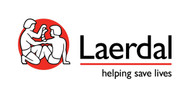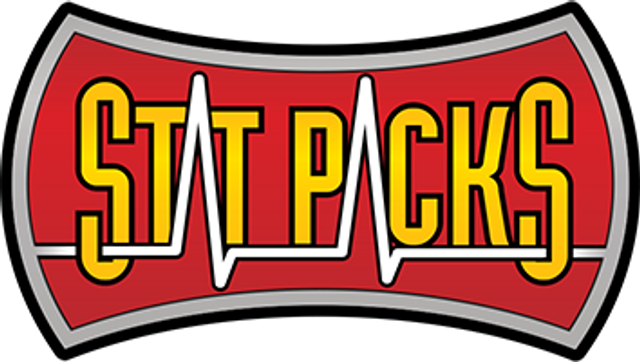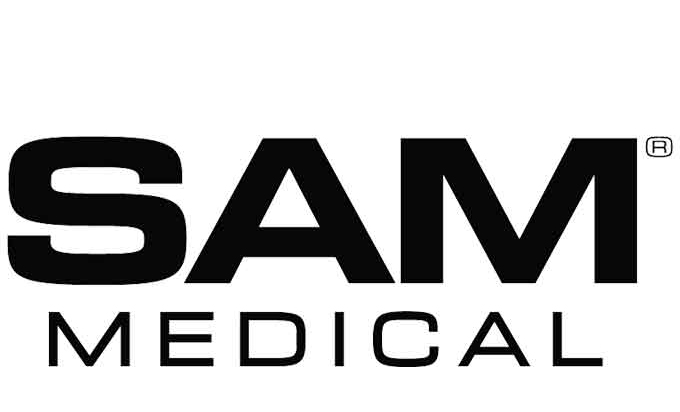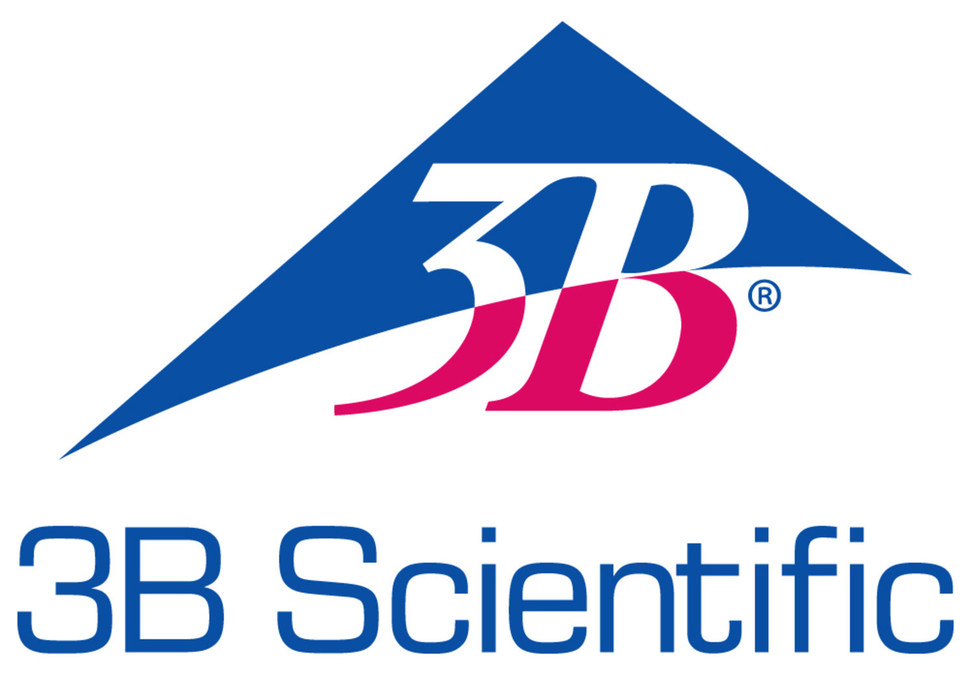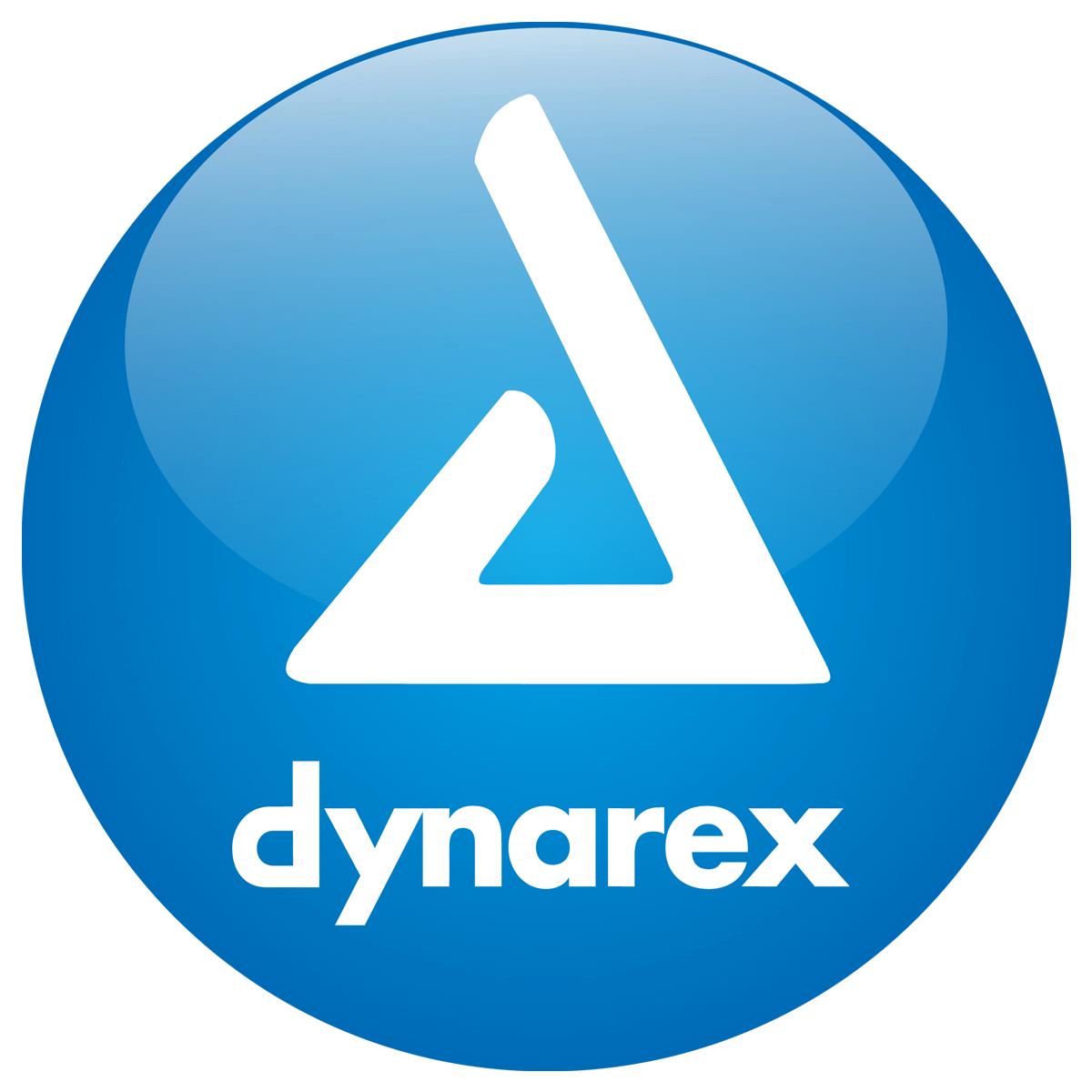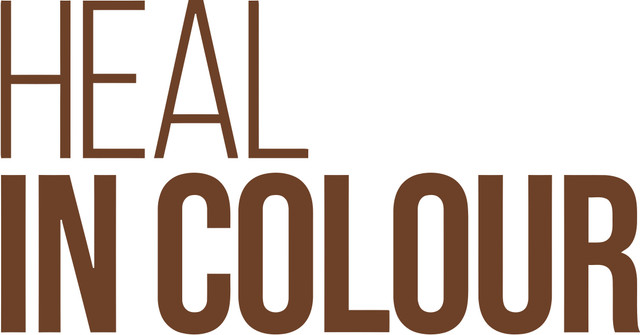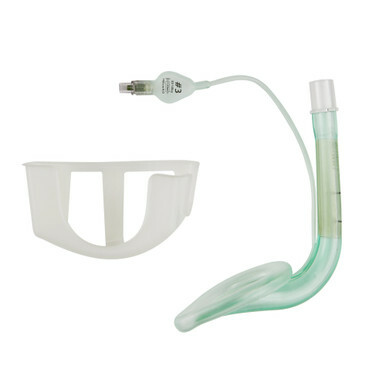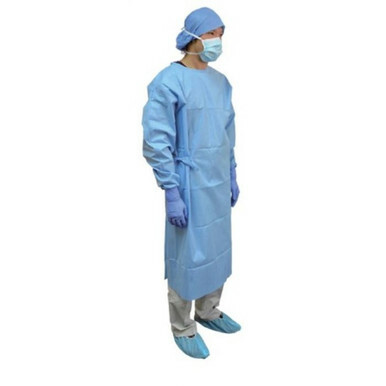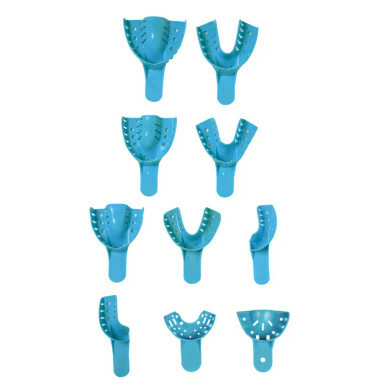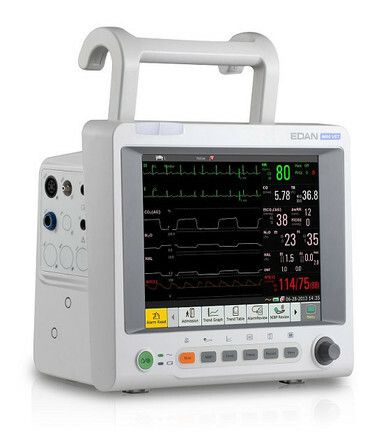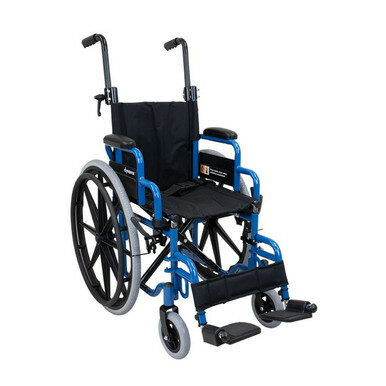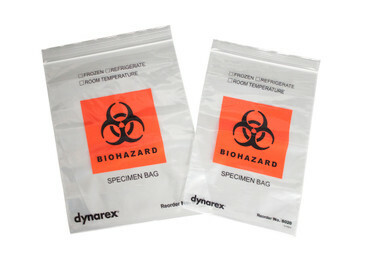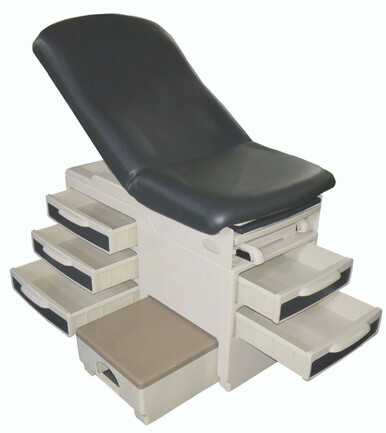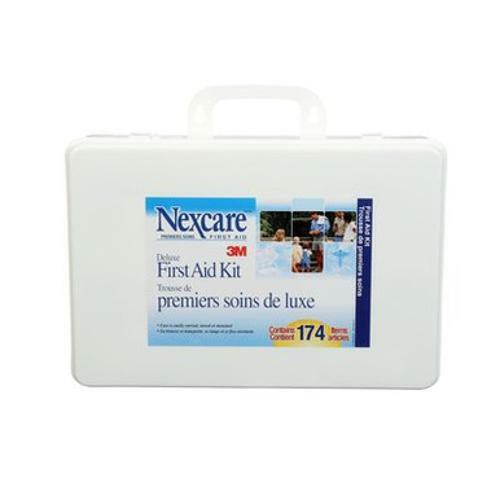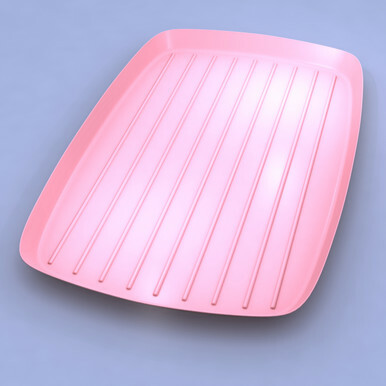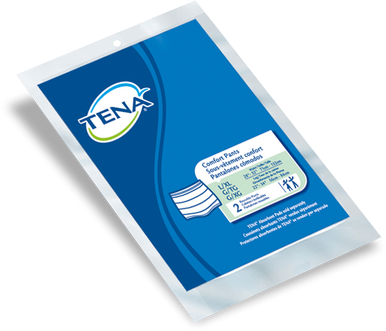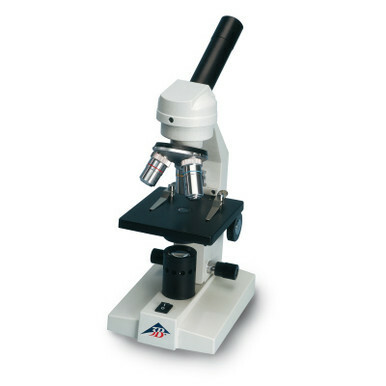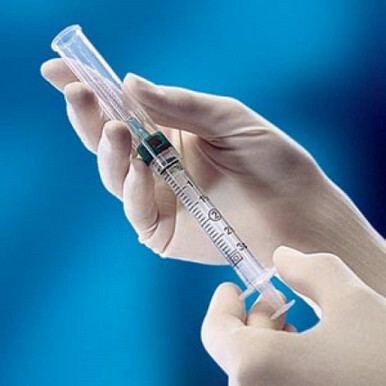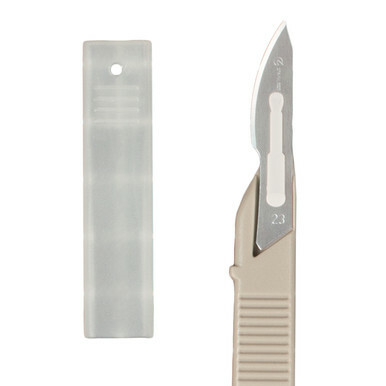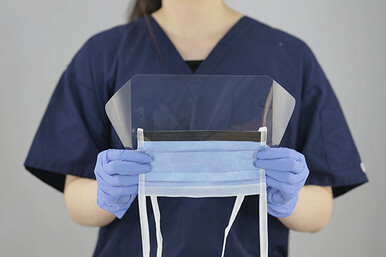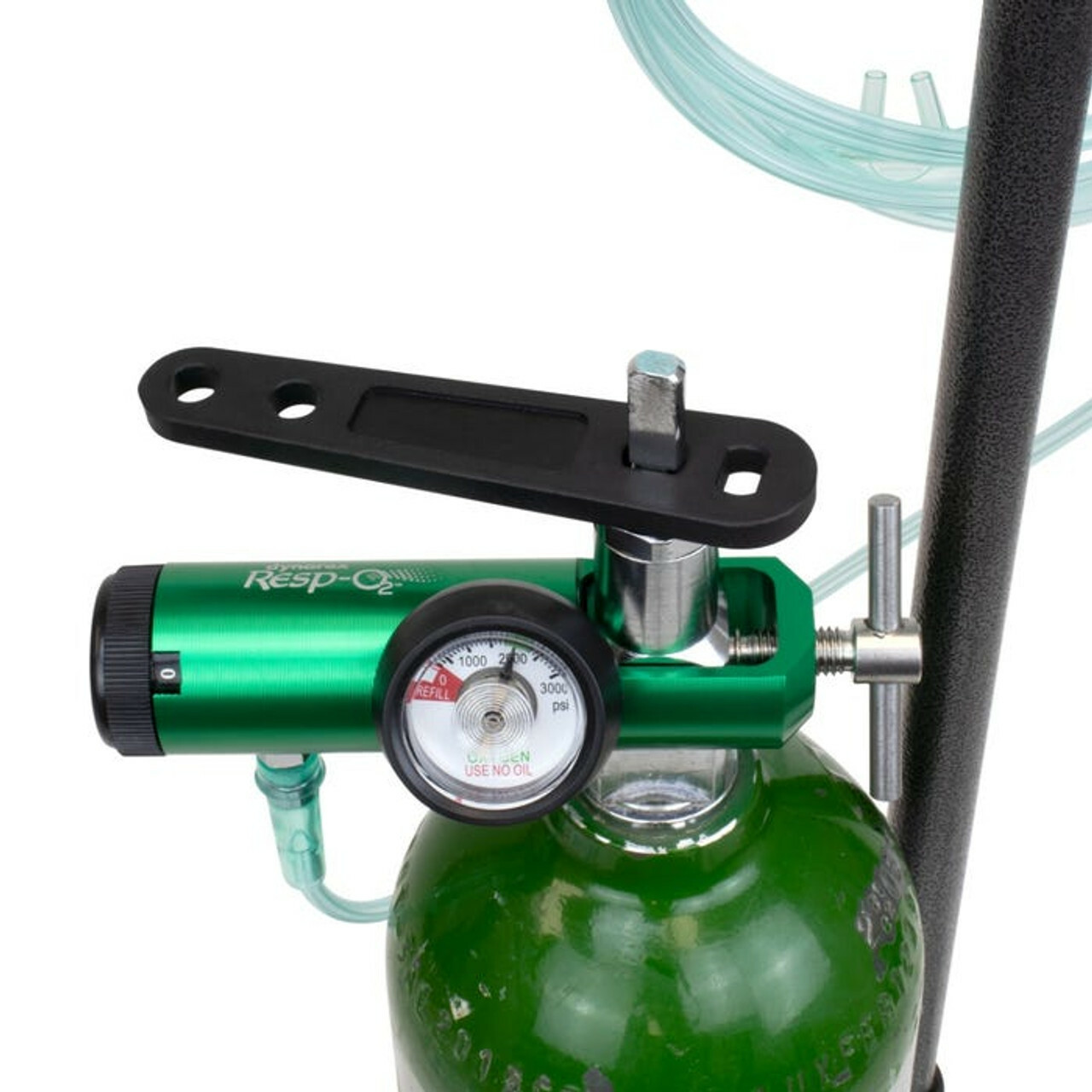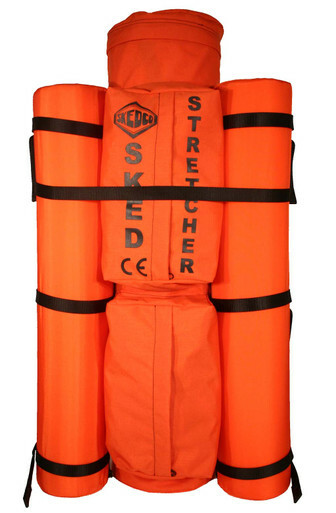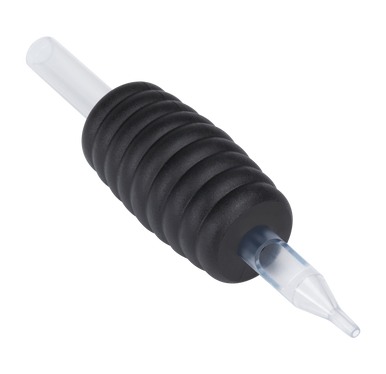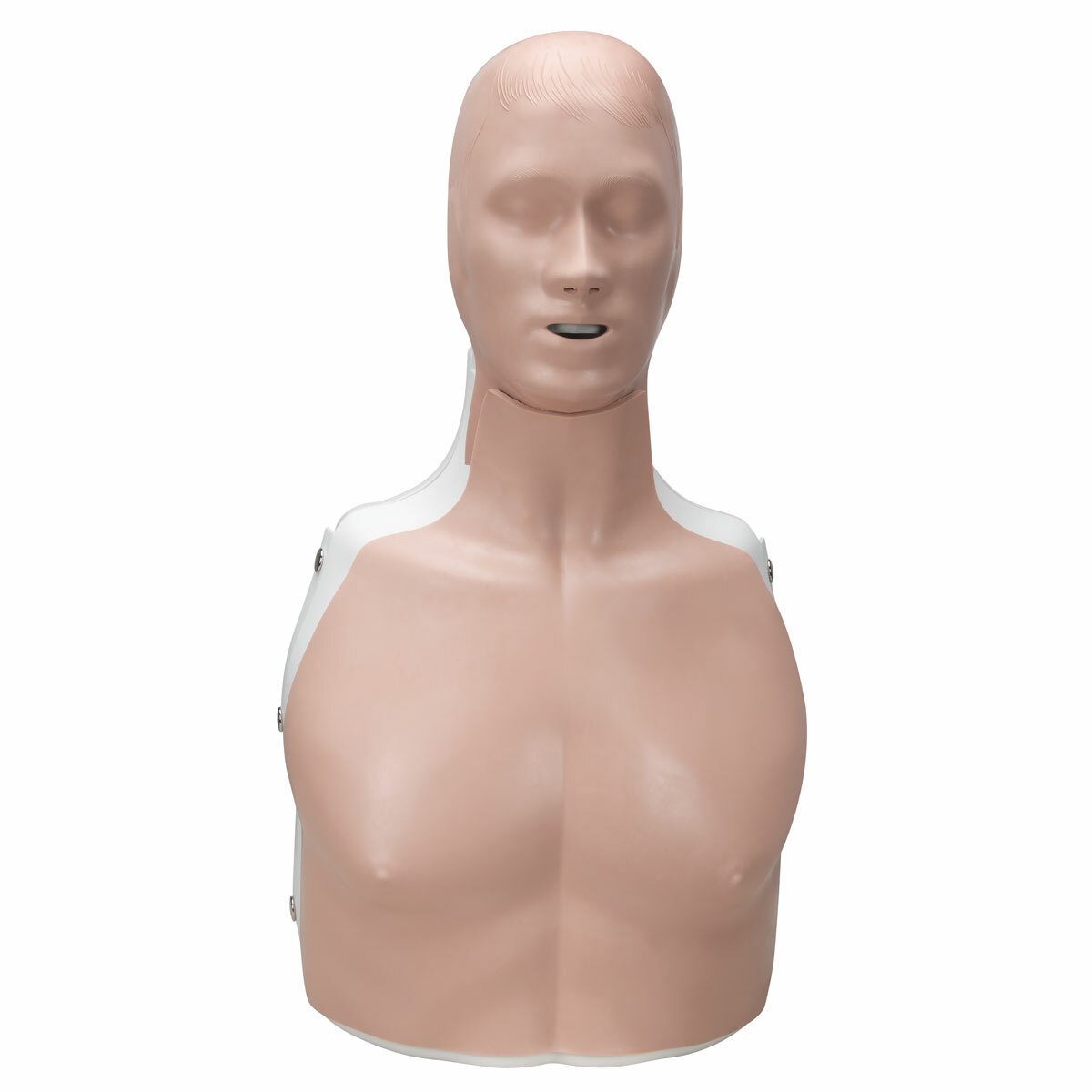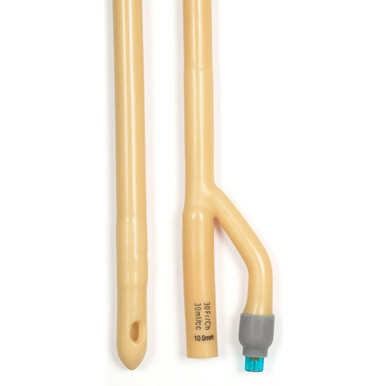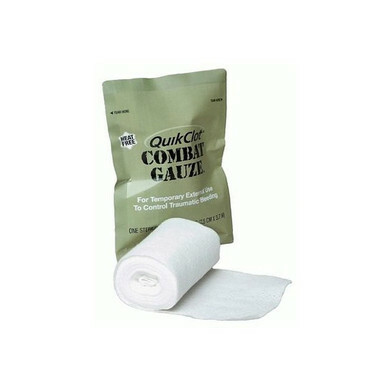Product details
For use with
- MegaCode Kelly™
The Laerdal Kit; RP Carotid Pulse Unit MC/ALS Sim (Part No. 200‑02950) supplies everything required to replace or upgrade the carotid‑pulse mechanism in MegaCode Kelly™ (Resuscitation Practice and Advanced/ALS models) and other compatible Laerdal adult manikins. The self‑contained module generates synchronized, variable‑rate pulses that learners can feel in the neck, allowing instructors to link pulse activity to CPR pauses, rhythm changes, or drug administration for truly immersive scenarios.
Kit Contents
| Component | Qty | Function |
|---|---|---|
| Carotid pulse pump/motor assembly (pre‑calibrated) | 1 | Produces left‑side neck pulsations |
| Silicone artery tubing with quick‑connects | 1 set | Carries pressure waves to neck insert |
| Pulse driver PCB with SimPad®/LLEAP interface cable | 1 | Converts scenario commands to pulse patterns |
| Mounting bracket & screws | 1 kit | Secures pump inside thoracic cavity |
| Inline filter & check‑valve pack | 1 | Protects pump from moisture ingress |
| Illustrated installation guide | 1 | Step‑by‑step instructions and calibration table |
Key Features & Benefits
-
Programmable pulse rates: Responds to SimPad® / LLEAP scenarios (0–200 bpm) with optional arrhythmia patterns.
-
Palpable realism: Delivers distinct, rhythmic pulses at the correct carotid location, improving assessment skills.
-
Quiet operation: Low‑noise micro‑pump preserves audio cues during auscultation training.
-
Field‑serviceable: Plug‑and‑play harness and color‑coded tubing mean a 20‑minute swap with basic tools.
-
Durable construction: Rated for 500,000 cycles—ideal for high‑volume simulation centers.
-
RoHS‑compliant: Meets international safety and environmental standards.
Restore or enhance vital‑sign fidelity in your MegaCode Kelly™ or ALS simulator with the Carotid Pulse Unit Kit (200‑02950)—giving trainees a realistic pulse to check, count, and manage in every critical‑care scenario.



